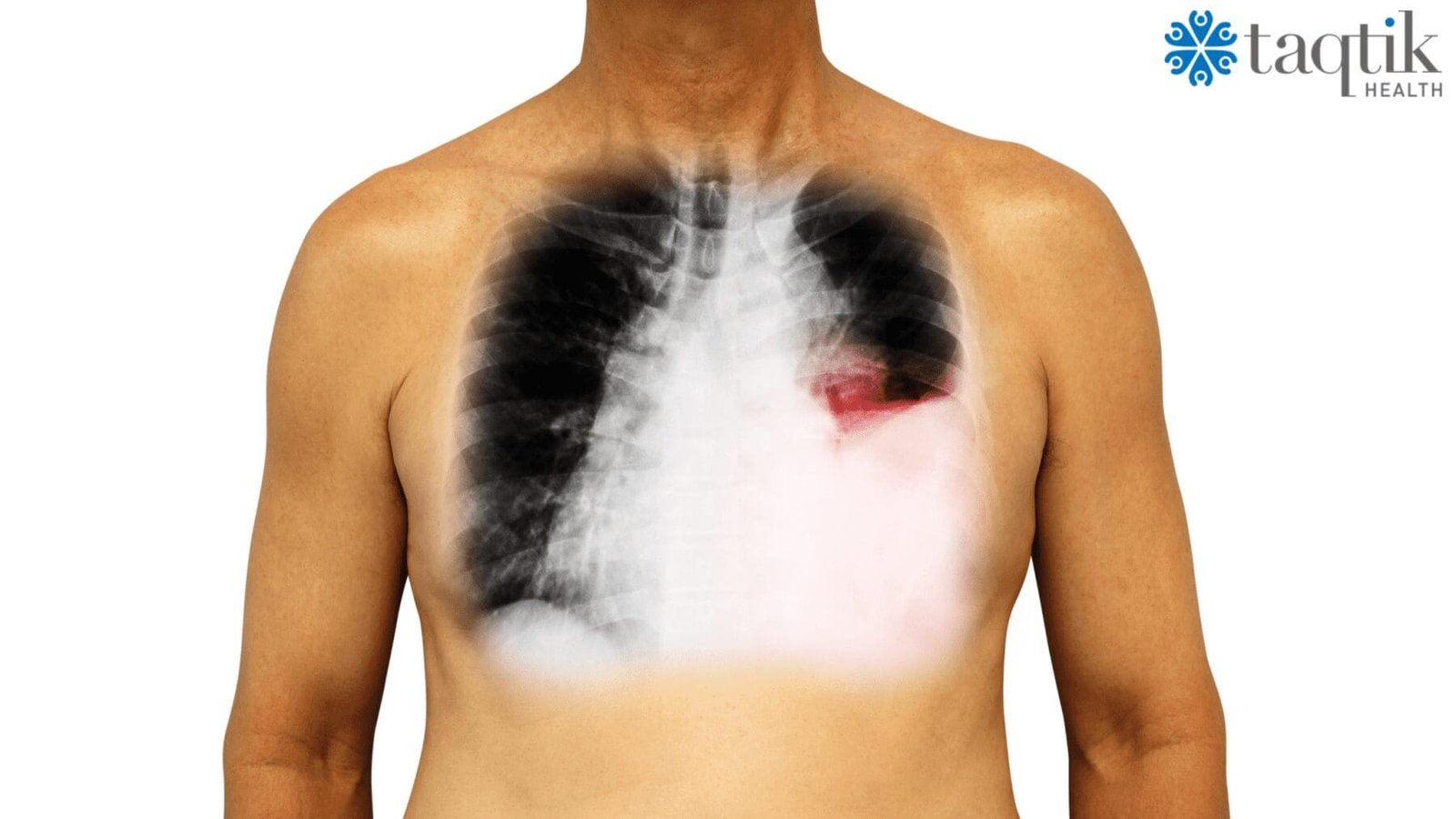Diet is now considered a major factor in the prevention and treatment of cancer. According to the American National Cancer Institute about one-third of the cancers are linked to diet. Thus, right choices of foods can help prevent a majority of new cancer cases and deaths from cancer.
Cancer usually develops over a long period. Latest research shows that what one eats may interfere with cancer process at many stages, from conception to growth and spread of the cancer. Foods can block the chemical activation which normally initiates cancer. Antioxidants, including vitamins can eradicate carcinogens and can even repair some of the cellular damage caused by them. Cancers which are in the process of growth can also be prevented from further spreading by foods. Even in advanced cases, the right foods can prolong the patient’s life.
Researches conducted in ascertaining links between diet and cancer since 1970 have now conclusively proved that fruits and vegetables can serve as antidote to cancer. According to Dr. Peter Greenwald, Director of the Division of Cancer Prevention and Control at the American National Cancer Institute: “The more fruits and vegetables people eat, the less likely they are to get cancer, from colon to stomach cancer to breast and even lung cancer. For many cancers, persons with high fruit and vegetable intake have about half-the risk of people with low intake. Some studies indicate that eating fruit twice a day instead of less than three times a week cut the risk of lung cancer 75 per cent, even in smokers.”
The normal servings of fruits and vegetables are two fruits and three vegetables a day. Adding more fruits and vegetables to these servings can reduce the risk of cancer.
The plant foods which are considered to possess anticancer properties by the American National Cancer Institute include vegetables like garlic, cabbage, tomato, soya beans, ginger, carrot, celery, onion, broccoli, cauliflower, brussels sprouts’ and cucumber; citrus fruits like orange, grapefruit, lemon and lime; other foods like turmeric, whole wheat, brown rice, barely and berries; and herbs like rosemary, sage, thyme, chives and basil.
According to several studies, Vitamin A exerts an inhibiting effect on carcinogenesis. It is one of the most important aids to the body’s defence system to fight and prevent cancer. A recent British study found that cancer rates dropped by 40 per cent in men with the most blood beta carotene (a precursor of Vitamin A), compared with those with the least. Other research has found that those with higher levels of folic acid (found in green vegetable) and lycopene (a tomato compound) are much less vulnerable to all cancers, in particular of the lung , cervix and pancreas.
, cervix and pancreas.
Not only cigarette smokers but there are nonsmokers who also do get lung cancer and smokers who don't get it. Early signs of lung cancer are very essential for diagnosing lung cancer early. A major killer of men and women in the world is lung cancer. The main contribution to lung disease is cigarette smoking,...Continue reading→
Here are the common ways of diagnosing lung cancer and why early diagnosis increases the chances of survival for patients who have this disease Lung cancer is the fastest-growing smoking-related disease in the world, it is also fastest-growing cancer with almost a million+ people being diagnosed every year around the world. This kind of growth...Continue reading→
Radiation therapy with X-rays is a valuable treatment option for many cancers but its role is limited by the risk of damage to organs adjacent to the tumor site that can sometimes be life threatening. This is because X-rays are highly penetrating, imparting ionizing energy to cells as they pass through the skin and tissues....Continue reading→
Medipolis Technique: immobilization for breast cancer radiotherapy It is not always necessary to aim for great precision when the whole breast is irradiated after breast-conserving surgery but targeted proton beam therapy requires immobilization of the breast and this presents practical difficulties for clinicians. Further, there is no consensus on the best position of the patient...Continue reading→
Catheter guided cancer therapy: inject the drug only around the cancer area, instead of whole-body administration, which allows minimizing the dosage of drugs and damage to surrounding healthy organs. Under the advanced imaging instrument and technology, and experienced experts, IGT clinic has a long-time history and repeated patients worldwide. The clinic is located within...Continue reading→
Cryoablation is the technique of using extreme cold to destroy tissue. It has been used for years in medical applications like dermatology, kidney, prostate, and liver to treat both cancerous and non-cancerous tumors. Dr. Fukuma at Kameda Medical Hospital developed the technology to remove breast cancer by non-surgical cryoablation. By this non-surgical treatment, Dr. Fukuma's patients avoid...Continue reading→
Colorectal cancer, also called colon cancer. In the United States, it is the fourth most common cancer in men and women. The colon is the part of the digestive system where the waste material is stored. The rectum is the end of the colon adjacent to the anus. Colorectal cancer causes 655,000 deaths worldwide per...Continue reading→
Radiation therapy has advanced as well. While more sophisticated equipment and technology does less damage to the surrounding tissues, new discoveries and developments have brought about new and more effective medicines with fewer side effects. This and other advancements have been brought about by ongoing cancer research. Cancer Research UK is one research organization based...Continue reading→
 , cervix and pancreas.
, cervix and pancreas.








